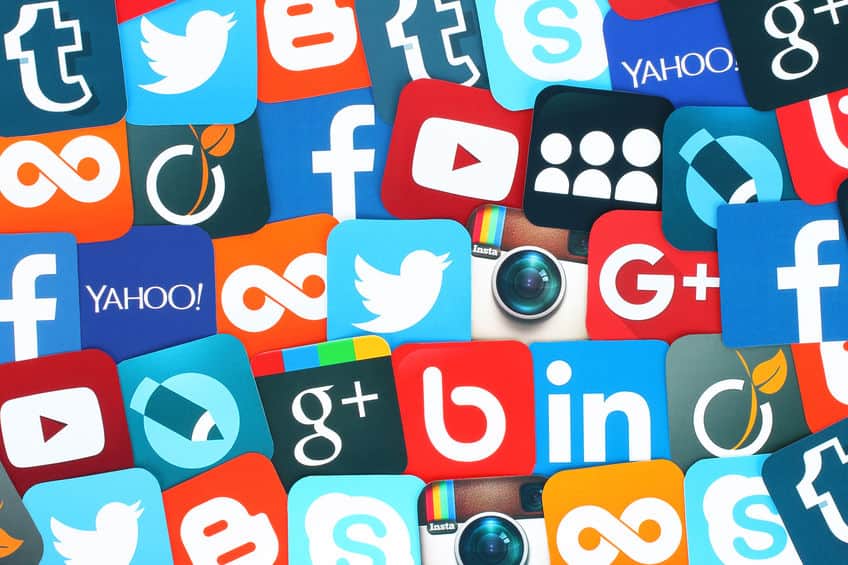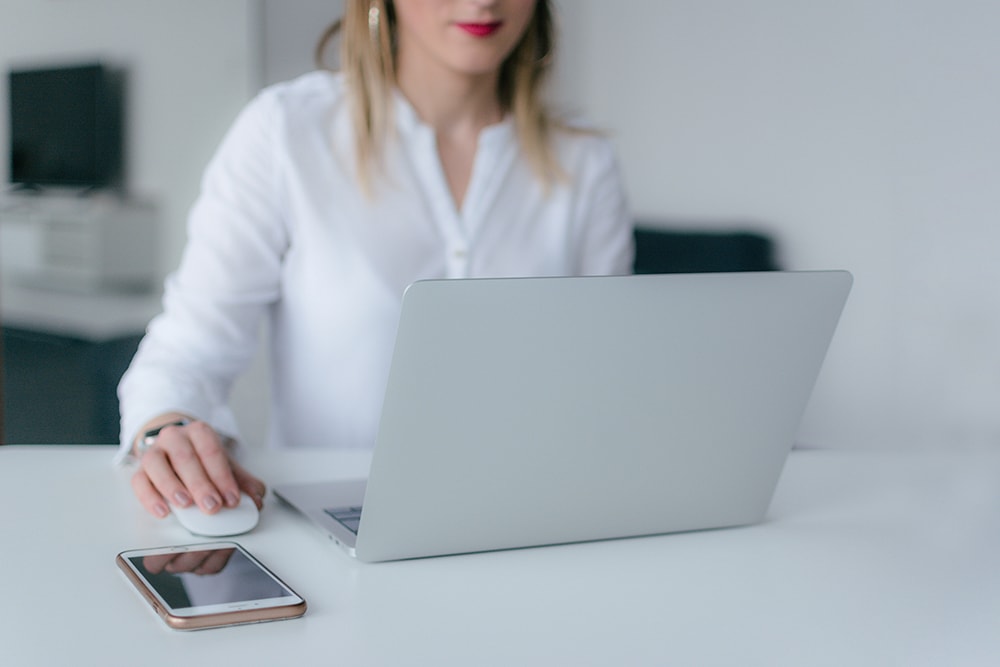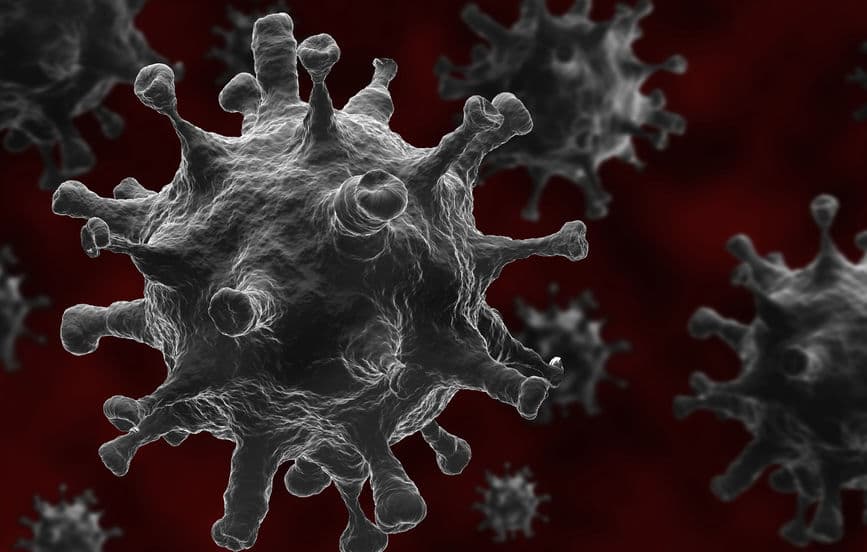Everyone will have been affected by the recent pandemic in some way, shape or form. This could have been through the sickness of a relative or the closing down of a business. When COVID struck, the world simply stopped turning as it was so unprecedented. Around a year later, and it now feels like the worst of it is behind us. A year that has seen the loss of millions of lives globally, the loss of people’s livelihoods. The sense of normality the world is now experiencing is a welcome feeling and will come to the joy of millions who were particularly suffering during this time. It is easy to deal with the physical symptom of sickness, but it is much harder to deal with those more insidious mental ones.
COVID anxiety may be the diagnosis to those that are experiencing certain feelings and they’re not sure why. It includes feeling anxious, strained breathing obsessive compulsiveness, and a whole host of other symptoms. To those that are not in the know, experiencing these symptoms can be incredibly frightening as they might feel they could be indicative of an underlying health problem. In reality though, the symptoms are caused by bad mental health. However, in knowing the diagnosis, people can then take steps to treat it and aim at returning to a positive mental state like many experienced before COVID hit.
For some introverts, isolating at home did not prove too difficult, but those extroverts among us proved to have a hard time facing the fact that they could not go outside and do the things they loved or see their friends and family. This is the root of the COVID anxiety problem as it resembles a loss of interactivity. Humans are social animals and crave interaction with others as it is a nourishing activity for us. Many might struggle to acclimatise themselves to our new situation as they might fear that the pandemic could happen again if everyone starts socialising, leading into the anxiety aspect. This comes in the face of around a billion vaccine doses being administered globally.
The best ways to deal with COVID anxiety are fortunately not complicated and can be done at a person’s leisure. A common piece of advice is to get more sleep, but it is especially effective in this scenario. Getting more rest helps the body recover and build up energy for the next day, meaning that sluggish feeling in the morning will be a thing of the past. A better sleeping pattern also means that people should get to sleep on time, reducing the period before bed where negative and uncomfortable thoughts can be thought of.
Those who have COVID anxiety should also take the time to do things they used to love such as shopping and gambling, there are many options at maximumcasinos.com, as this will give them a familiar sense of enjoyment that will do wonders in trumping that feeling of anxiety. Socialising with friends to maintain those relationships that may have suffered over the last year will also have the same effect.
Once sufferers of COVID anxiety realise what they are afflicted from, they are in a great position to follow this guide to return their mental health to normal levels.







